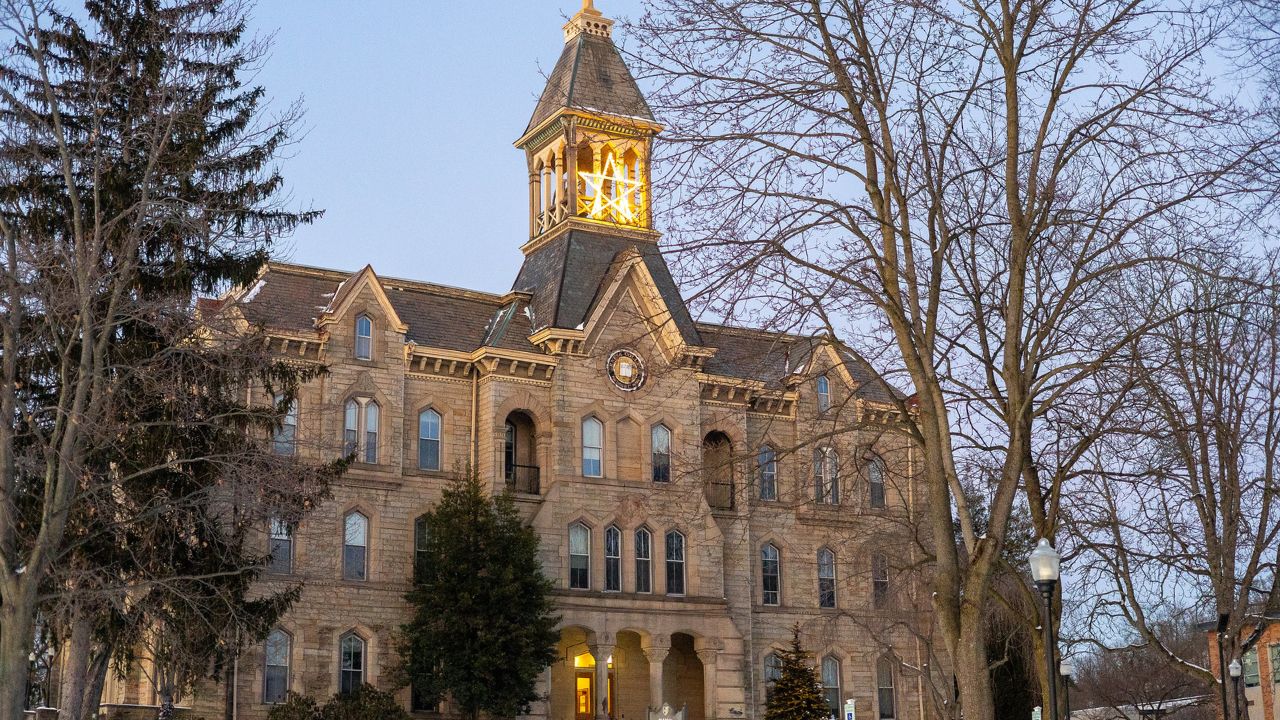
The Fourth of July is one of America’s favorite holidays. This day is full of celebration for the day on which the U.S. gained its independence and became it’s own nation, founded on the ideals that anyone can make a good life for themselves, which was the beginning of the ‘American Dream.’ This great nation has always gone through trials, learned, grown, and tried to lead the world in humanitarian efforts. One of the greatest qualities of the United States is that as a nation, we have the collective ability to grow and challenge the status quo. Many Americans feel a great sense of pride in this growth, and many still recognize our duty to ourselves to continue to grow, to change, and to be not only better, but to strive to be the best.
On Independence Day, the Fourth of July, we celebrate the achievements of our nation, we mourn the blunders, and we look at the future with hope. At this time, people are always curious about how to spend this day, so here are a variety of activities that you can participate in this Fourth of July.
1. Fireworks
The most iconic way to celebrate the 4th of July is by attending a local fireworks show hosted by your town or city. Fireworks gatherings are often accompanied by food stands, face paintings, and usually a portion of the event is reserved to honor the men and women in the armed services. So grab your lawn chairs and picnic blankets, and head to the park!
2. Host a Cook-out
Another classic American tradition for the Fourth of July is to host a cook-out with friends and family; Kids play, adults grill hamburgers and hotdogs, and everyone sets off fireworks or light sparklers. A cook-out is a great way to spend the day celebrating your freedom as Americans to enjoy the simple happiness found in good friends and good food.
3. Advocate
A less common way to observe the Fourth of July is by advocating for the promise of the Declaration of Independence, which could be by attending or organizing a protest. In the 1800s, a famous abolitionist named William Lloyd Garrison used this holiday to protest against slavery. He owned a newspaper called the Liberator, and he called for people to observe this holiday in an unusual way to protest the institution of slavery. According to the New York Times, “Garrison borrowed the July 4 protest tradition from a group of black activists in Albany. When slavery was legally abolished in New York on July 4, 1827, they resolved not to celebrate.” Rather than celebrate, the people of Albany mourned all those who were still enslaved and came out the following day for public reflection on the nation that allowed it. This became a tradition that lasted until the start of Civil War. In recent years, many Americans detach the idea of protests from the 4th of July, but in the nineteenth century, people were restless because of the ongoing atrocity of slavery. However, today’s political climate may just support such movements around the national holiday.
4. Go visit family
This holiday is a national holiday, so just about everyone has the day off. Having a nice day off can be the perfect excuse to go see your grandparents or your nieces and nephews who you haven’t had the chance to see in a while. On a day of national pride and celebration, spending time with family is a perfect way to appreciate the life we have in the U.S. If you can’t go due to coronavirus restrictions, use technology to connect.
5. Write letters to families of lost armed forces members
Appreciating the life we have in the U.S. is something that most people don’t consider on most days. The men and women who serve in our armed forces offer up their lives in exchange for the safety of the rest, and those sacrifices deserve great recognition. On holidays that celebrate the protection of our coveted freedoms and liberties, the families of armed services members who have lost loved ones in the name of the U.S. are reminded again of their loss. Writing letters to these families within your community can be a kind gesture to remind the family about how incredible their loved on was, and how valuable their sacrifice was and is.
-----
Photo by Vernon Raineil Cenzon on Unsplash
Opinions expressed in the Geneva Blog are those of its contributors and do not necessarily represent the opinions or official position of the College. The Geneva Blog is a place for faculty and contributing writers to express points of view, academic insights, and contribute to national conversations to spark thought, conversation, and the pursuit of truth, in line with our philosophy as a Christian, liberal arts institution.
Jul 3, 2020Everyday LivingRelated Blog Posts
Request Information
Learn more about Geneva College.
Have questions? Call us at 724-847-6505.










 Online Course Login
Online Course Login